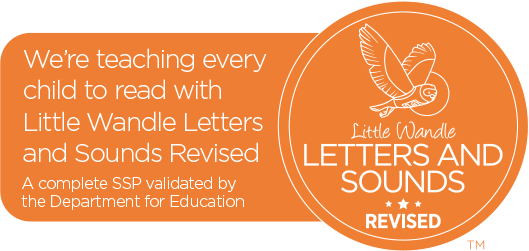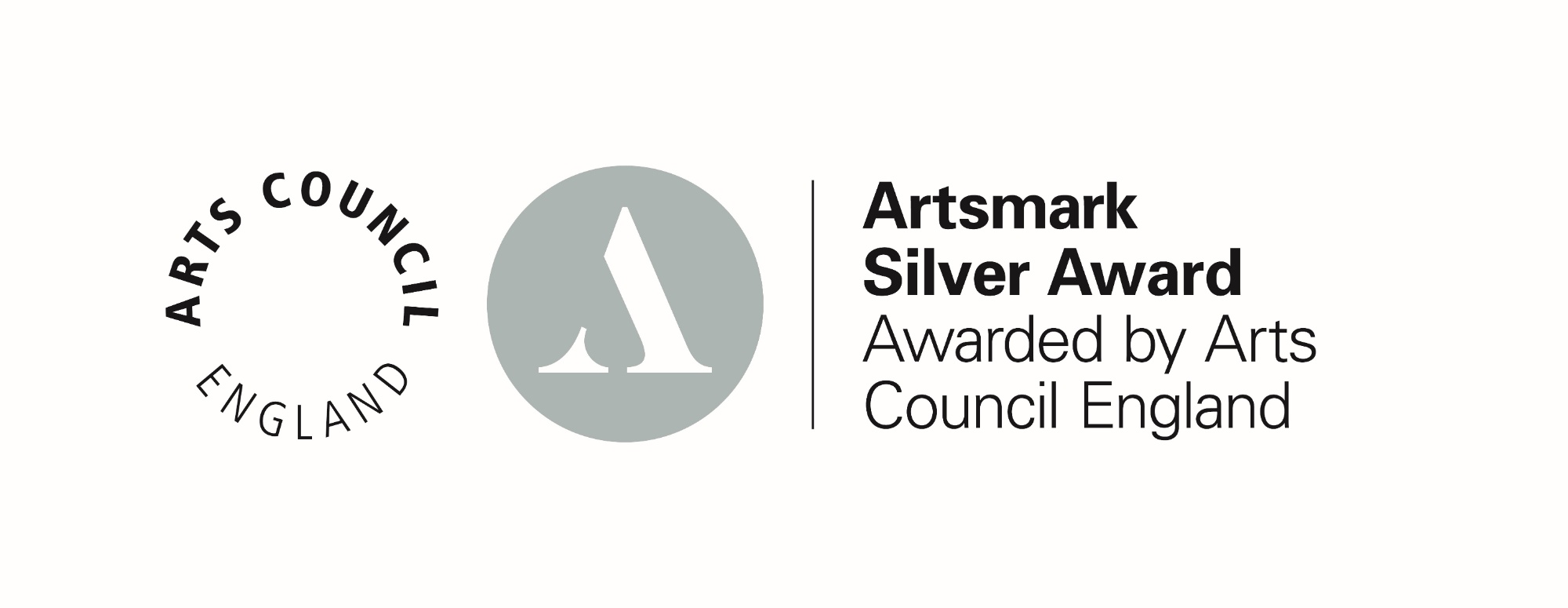Trauma Informed Schools (TIS)

Introduction
The mental health and well-being of both our students and staff members is extremely important to us here at Doubletrees and the wider Special Partnership Trust. Therefore, we have adopted the trauma-informed approach within each of our settings, and we have fully trained practitioners who support each individual school in embedding the trauma-informed approach.
What is ‘trauma’?
We are aware that the word ‘trauma’ itself is a distressing concept. Here I will explain how ‘trauma’ affects us at Doubletrees school and why the trauma-informed approach is extremely relevant for our children and young people.
Children and young people who have special educational needs and disabilities can have many sensory sensitivities that can regularly cause an individual to become overwhelmed and stressed. Both schools and home environments are filled with different sounds, sights, textures and smells. Combine this with limited communication skills and these triggers of anxiety going on all the time, they could accumulate and become intolerable to someone so sensitive, leading to a feeling of being overwhelmed and eventually to crisis. As this pattern is repeated again and again, there develops anxiety at a much earlier stage in the cycle due to the expectation of crisis, based on past experience, and it develops into a post-traumatic stress reaction. Events that might outwardly seem insignificant can provoke the vivid recall of the accumulated trauma of these past experiences.
Trauma is something we all suffer from, it’s just the degrees and angles from which it shapes and affects us that varies. A song, smell, sound or something we see can often drift us back to a favourite meal, a moment with a loved one, a time we laughed or smiled, but those very same things can send us back to a time of pain or stress.
What is a trauma-informed approach?
A trauma-informed approach is underpinned by relationship. Through relationship we can help a child or young person to understand and support them in managing their feelings appropriately. The key elements for successful relationship are: Protect, Relate, Regulate and Reflect which altogether build a person’s resilience.
PROTECT.
What we mean by protect:
It is the foundation on which everything else depends: the ability to learn without the fear and without fear of being shamed in order to relate to others, engage in learning, in peace.
In protect, the focus is not only on the physical environment, but the relational environment and very culture and ethos of the setting, both at home and school. It requires emotionally regulated adults who can provide essential calming and containment for a child when they are overwhelmed by an event, a situation or their feelings.
RELATE.
What we mean by relate:
As human beings we are wired for relationship.
The ability to form meaningful relationships is fundamental to mental health and happiness. It’s the quality of contact we have with other people that is arguably the most important determining factor in our quality of life. We can only truly develop ourselves through relationships with others.
Positive relational experiences with our children means meeting the child in pain and meeting the child in joy.
REGULATE.
What we mean by regulate:
There are 4 key principles to support a child to regulate their feelings and behaviour.
- Stay with the child
- Listen to the child
- Affect labelling – this simply means help the child to find words to describe their feelings
- Mental state talk – When they have big feelings, talk them through it. An example of this is: instead of just putting a screaming toddler in the pushchair and ignore them or shout at them. Place them in the pushchair whilst using mental state talk with affect attunement (this means using their voice to match the energy, not the emotion in the child’s distress. ‘Mummy knows you don’t want to get in the pushchair. You are cross about it. You are cross with mummy. No pushchair. Mummy knows you were so enjoying playing with your ball in the sand.
By using the above strategies the child will feel understood which will help to bring down their stress levels and help them feel socially connected. They will be better able to learn, to use life well, to concentrate, to enjoy relationships and to be kind to others.
REFLECT.
What we mean by reflect:
Reflecting is about having conversations with a child that support their emotional and mental health. It facilitates the child to make sense of their life, to develop a language for their emotions and a coherent narrative that makes sense of what they feel. It supports them to understand their thoughts, feelings, bodily sensations and reactions. In making sense of their experience with the support of an emotionally available adult, who helps them communicate their underlying feelings, they can identify new options and strategies for ways forward with both their hopes and their difficulties.







